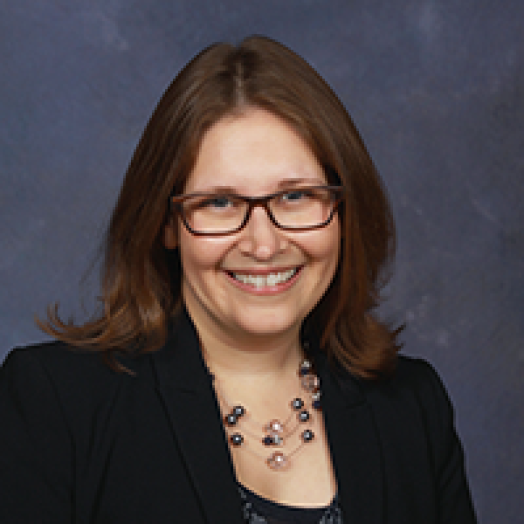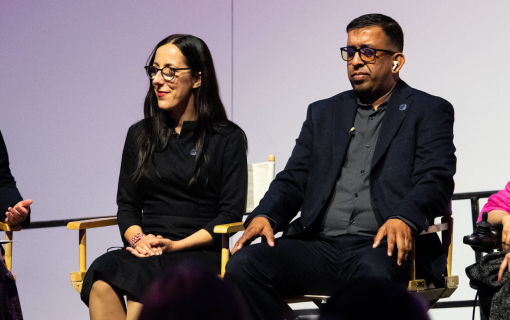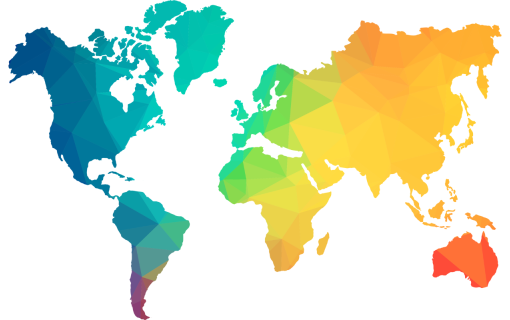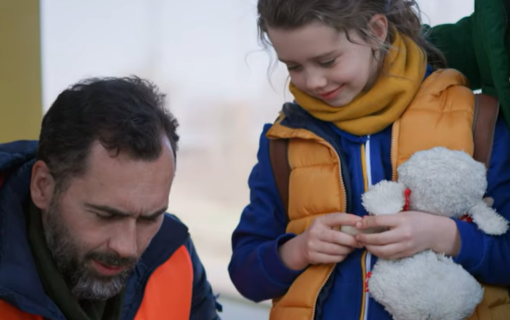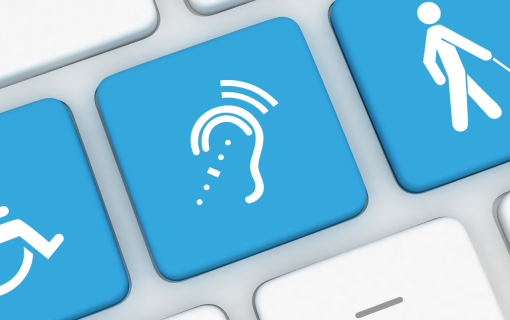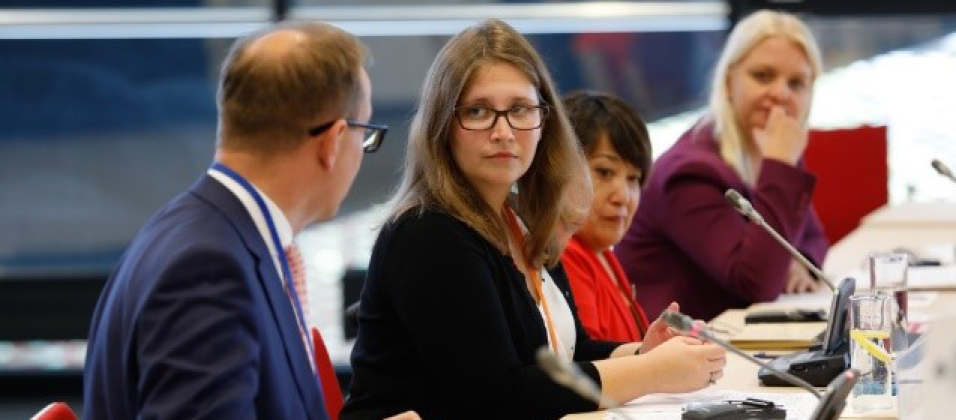
IFES Speaks at Europe’s Largest Human Rights and Democracy Conference
The International Foundation for Electoral Systems (IFES) presented on disability-inclusive political participation as a human right in the Human Dimension Implementation Meeting (HDIM), a regional meeting on human rights and democracy. On September 16-27, 57 participating states from the Organization for Security and Co-operation in Europe (OSCE), OSCE partners for co-operation, OSCE structures, civil society and international organizations gathered for Europe’s largest annual human rights and democracy conference. Every year the HDIM is hosted in Warsaw, Poland, where human rights commitments, challenges, good practices and recommendations for further improvement are discussed.
On September 16, IFES Senior Global Inclusion Advisor Virginia Atkinson, a member of the Office for Democratic Institutions and Human Rights (ODIHR) expert group on political participation of persons with disabilities, spoke at the launch of the ODIHR’s Guidelines on Promoting the Political Participation of Persons with Disabilities. The guidelines are a practical resource for OSCE participating states to strengthen the ability of democratic institutions to engage and empower people with disabilities in political processes. Atkinson shared examples of IFES’ good practices that contribute to more inclusive parliaments, political parties and democratic institutions.
“Over the past few years, ODIHR has improved the inclusion of people with disabilities in its work. However, much more needs to be done within the OSCE as an organization, as well as by participating States, to ensure equal participation of people with disabilities as full members of our societies.” – Tiina Kukkamaa-Bah, Chief of the ODIHR Democratic Governance and Gender Unit
On September 17, the Democratic Institutions plenary focused on democratic institutions and elections. Atkinson addressed the plenary and highlighted IFES’ collaboration with election management bodies, observer groups, political parties, disabled people’s organizations (DPOs) and civil society organizations (CSOs). Atkinson’s HDIM remarks focused on the barriers people with disabilities face in political participation in all OSCE participating states, including physical barriers, information barriers, attitudinal barriers and stigma, legal and policy barriers, and lack of leadership opportunities.
Atkinson noted that more work needs to be done within OSCE structures and participating states to ensure equal political participation of people with disabilities. She made the following recommendations to the OSCE and participating states:
- Adopt a Ministerial Council decision on political inclusion of people with disabilities.
- Hold a session related to disability rights at every future HDIM.
- National governments and regional bodies should collaborate with DPOs and CSOs working on disability rights to implement and enforce the United Nations Convention on the Rights of Persons with Disabilities.
- Utilize ODIHR’s Guidelines on Promoting the Political Participation of Persons with Disabilities.
Global platforms such as the HDIM provide CSOs with the opportunity to share experiences and submit recommendations to participating states. IFES encourages participating states to work together for more inclusive and equal political participation for persons with disabilities.




